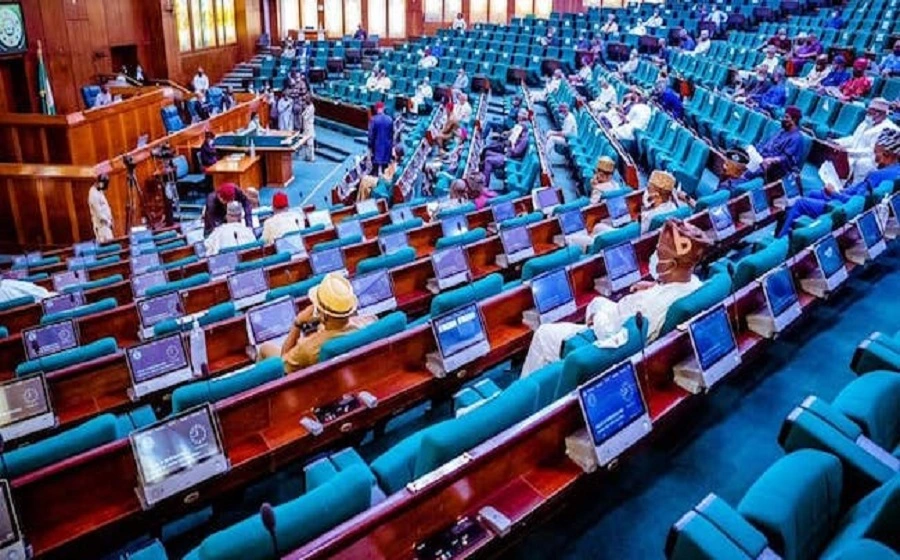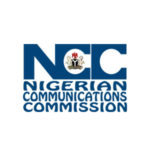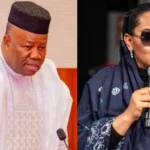The House of Repsentatives has begun a Townhall meeting with Nigerians to discuss the provisions of the 2024 Appropriation Bill presented by President Bola Ahmed Tinubu.
The meeting tagged: ‘Citizens Townhall Meeting On The 2024 Budget And Appropriation Process’ is being held in Abuja on Monday.
It was organised by the House Committee on Appropriations and supported by the Policy and Legal Advocacy Center (PLAC); UK International Development and other development partners.
Declaring the event open, the Speaker of the House of Representatives, Abbas Tajuddeen, said the meeting is highly relevant as it will help to deepen democratic governance and strengthening public financial management.
- PFN President Cautions Students On Promiscuity, Cultism
- Why MohBad’s neck was broken in coffin – Cousin
He said, “The town hall provides a platform for direct engagement between legislators and citizens, focusing on matters related to the national budget.
“This is crucial to enhancing the transparency of government spending. It also allows the public to be more informed about how public funds are to be used and, by so doing, build greater trust in government institutions.
“More importantly, however, this town-hall will allow the National Assembly to understand citizens’ needs better and explore ways to address them through the budget.
“The relevance of this interface is best understood within the larger context of diminished public trust in government institutions in Nigeria and all over Africa”.
He however lamented that due to the lack of awareness on the budgeting process and accountability, public trust had been eroded in many African countries including Nigeria.
He said, “The Afrobarometer study across 36 African countries in 2014/2015 on the theme, “Do trustworthy institutions matter” found that people express more trust in informal institutions such as religious and traditional leaders than in the formal executive agencies of the state.
“Public trust in parliaments and electoral institutions was lowest across 36 countries. Similarly, the Open Government Partnership found that Nigeria provides “few” opportunities for the public to engage in the budget process. In 2017, it ranked Nigeria 13 out of 100 points in public participation.
“This poor ranking was due to the dominant role played by the political elite and government bureaucrats in the budgeting process”.

 Join Daily Trust WhatsApp Community For Quick Access To News and Happenings Around You.
Join Daily Trust WhatsApp Community For Quick Access To News and Happenings Around You.


